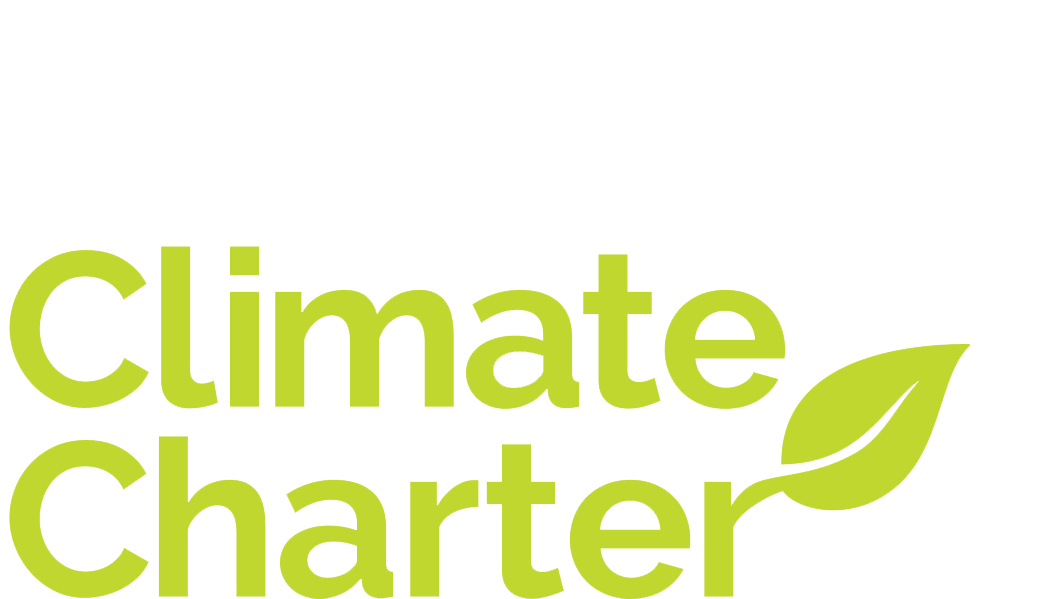Marketing budgets see slowest growth for two years

Internet marketing budgets grew at the lowest rate since 2015 in the first quarter of the year, according to the latest IPA Bellwether, while main media advertising slipped into negative territory for only the second time in five years.
Amid ongoing reports of challenging marketing conditions and financial pressures – specifically around Brexit and GDPR – marketing budget growth lost more momentum during the first quarter of 2018, marking the slowest growth in two years.
According to the new Bellwether report from the IPA, 22.9% of companies increased their marketing budgets compared to 17.9% that recorded a fall – resulting in a net balance of +5% and down from +8.6% in the previous quarter.
Internet marketing remained the best-performing category, with budgets for the category up for the 35th consecutive quarter; however, it was at the lowest rate recorded since the end of 2015 at a net balance of +8.7%.
Within the digital category, search/SEO growth also slowed down with the net balance falling from +12.4% in Q4 2017 to +5.6%, while mobile advertising growth became entirely stagnant, declining from +6% in Q4 2017 to 0%.
Meanwhile, main media advertising – which includes big-ticket campaigns related to TV, radio and cinema – slipped into negative territory for only the second time in five years, with the net balance falling from +1.7% at the end of 2017 to -2.1%.
Dr Paul Smith, director at IHS Markit and author of the Bellwether Report, says the continued slowdown comes as little surprise, as costs and the uncertainty around the UK economy in a post Brexit world have “led to caution and belt-tightening across a number of sectors, especially those more exposed to retail and consumption.”
However, despite losing momentum since last summer, Smith says the positive news is that growth is being sustained – “meaning the longest bull-run in the survey history continues. But whether this can carry on “remains to be seen”.
“Although the latest survey shows anticipated growth in 2018/19, the degree of optimism is the lowest in five years.”
Brexit and GDPR playing on marketers’ minds
While a number of marketers see opportunities from Brexit in terms of trade and exports, particularly in fast-growing emerging markets, others are less upbeat about the impact of the UK’s departure from the European Union on their business.
Uncertainty over the actual outcome of the negotiations remained a dominant theme in the report, with some concerned that this is leading to belt-tightening among clients and undermining spending. Others are also worried about labour recruitment, especially after the UK leaves the EU.
Meanwhile, with the implementation of GDPR in May, there were a number of mentions from panellists that this could impact on business performance in the next year.
On the one hand, a number of companies with strong data management capabilities and who are already compliant see the opportunity to push services to new clients.
Conversely, some marketers are worried that the new regulations will limit their ability to conduct campaigns and have an adverse effect on the way they do business.
However, marketers remain optimistic about their own company financial prospects, with a net balance of +13.1% of businesses growing more optimistic over the past three months compared with +10.6% in Q4 2017.
Muted ad spend growth predicted for 2018 and 2019
Having shown some resilience during 2017 and with Office for Budget Responsibility forecasts for GDP and consumption growth slightly stronger – Figures from the Office of National Statistics this week also show that a year-long squeeze on wages might finally be coming to an end – the Bellwether Report has become a little more optimistic about 2018 adspend growth.
However, at 0.8% (revised up from 0.3%), the estimated growth remains historically muted, with Bellwether expecting Brexit-related uncertainties and ongoing pressure on household finances to continue to restrain consumption and therefore adspend growth.
Some of these factors are anticipated to persist into 2019, with adspend growth of just 0.4% forecast. However, stronger gains in ad psend are forecast for 2020-2022 in line with an expected improvement in the underlying performance of the economy.
Source: Ellie Hammett, Marketing Week


